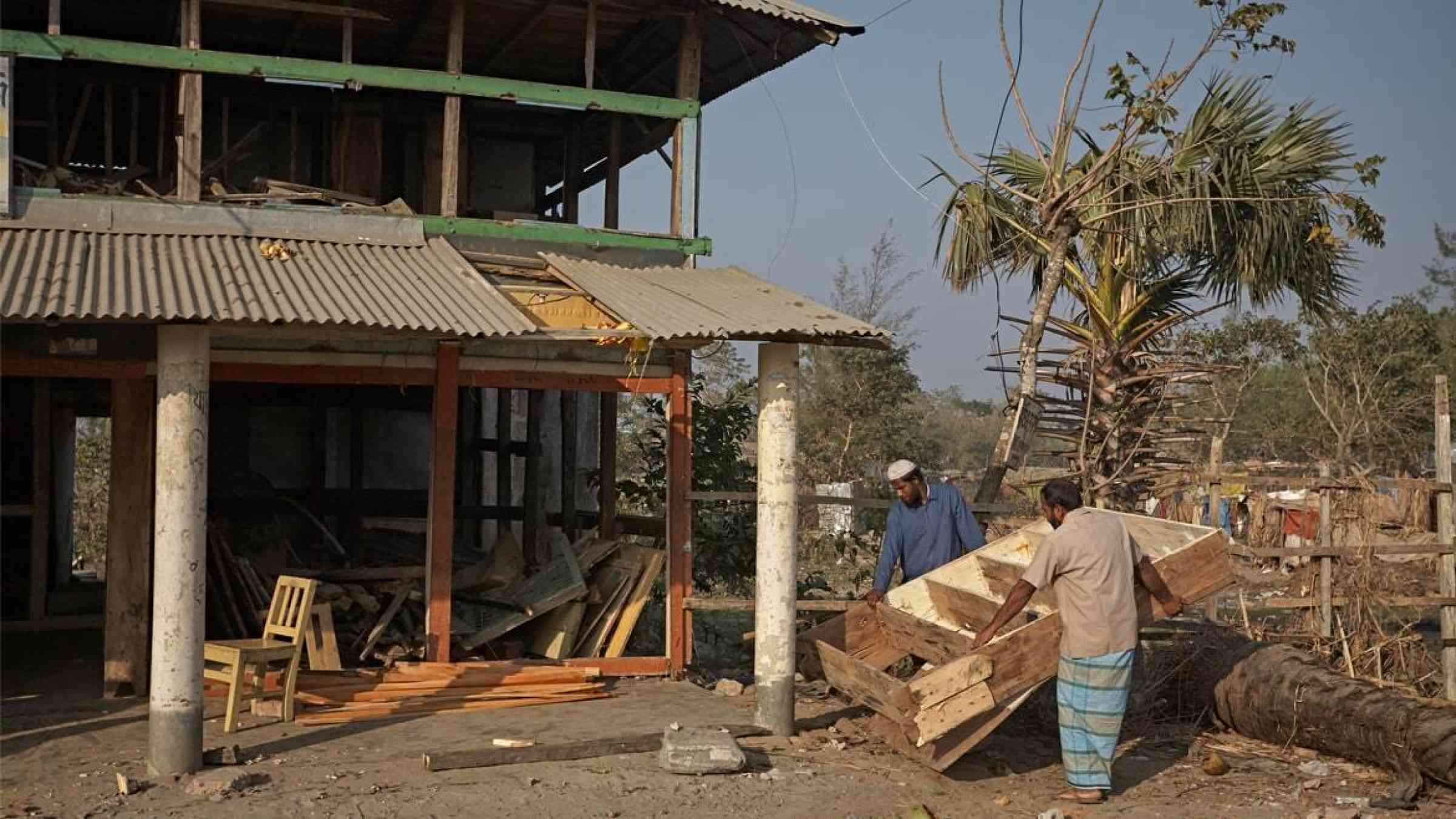Report states that most crisis funding remains unplanned and is less effective at saving lives and livelihoods

The Risk-informed Early Action Partnership (REAP) has today published its report on tracking commitments, trends, challenges and opportunities in finance for early action – pre-arranged finance designed to reduce the impacts of climate hazards by enabling action ahead of the worst effects.
The report concludes that the largest amounts of funding are going to unplanned crisis finance, significantly less to overall pre-arranged finance, and very small amounts to early action. There are indications that overall amounts are growing, but nowhere near the scale required to respond effectively to the increasing frequency and severity of climate impacts. Funding for early action remains small, fragmented and lacks coordination.
The report makes several recommendations to deliver scaled-up and more effective finance for early action, including:
- Positioning early action as a development and climate issue, not one only for humanitarians.
- Increasing coherence among early action funders and programmes for greater impact.
- Initiating a systemic shift from unplanned crisis financing to early action financing.
- Ensuring that climate vulnerable governments can engage and lead wherever possible.
- Collaborating better with the private sector to enable scale and sustainability.
- Adopting the Finance for Early Action Good Practice Checklist for investments in early action.
Following the completion of the report, REAP held a closed-door roundtable to discuss how to take the recommendations forward, and align efforts with other relevant initiatives such as the G7’s proposed Global Shield against Climate Risks. Further dialogues will follow in the summer.
Responding to the publication of the report, Vel Gnanendran CMG, Director of Climate, Energy and Environment at UK FCDO, said:
“This new study provides welcome clarity on the challenges of funding action that can effectively respond to the increasingly severe and frequent impacts of climate hazards.
The best available science tells us that approximately 3.3 to 3.6 billion people – almost half the world’s population – live in contexts that are highly vulnerable to climate change, but that our efforts to adapt and respond are slow and insufficient.
The recommendations in the study are a wake-up call to everyone involved in funding activities for planning, preparedness and response to climate change. The UK is committed to stepping up its efforts and we encourage everyone else to do the same.”